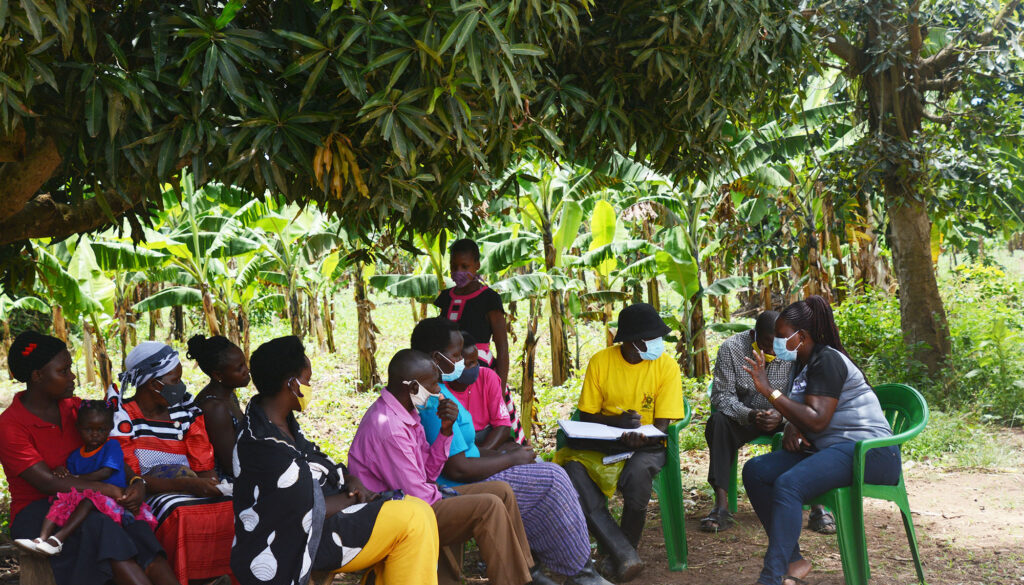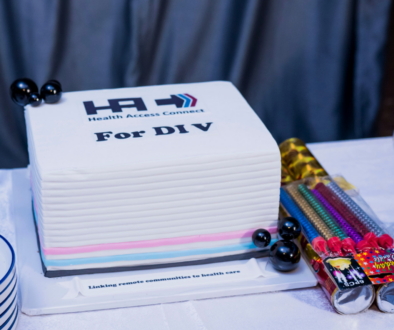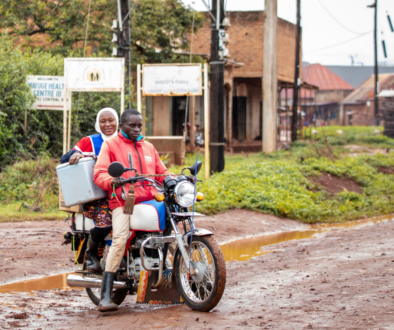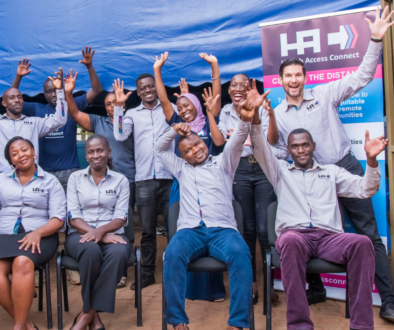Breaking the Dependency Cycle in Uganda’s Remote Communities
“If tomorrow Health Access Connect was not in the picture anymore, would remote communities continue to have health services brought nearer to them at outreach clinics? ,” Costaritah Nalukwago, Program Manager of HAC, asked partners of HAC during a stakeholders’ meeting in Masaka district.
In a bid to address the problem of limited access to and utilization of health services in Uganda, various successful last-mile health delivery solutions have been developed. However, these solutions have over time been constrained by time-bound, vertical project grants that support only a limited set of health interventions and create aid dependency. This basically implies that once the funding ends, the aided communities get back to struggling their way to accessing free health services.
Isaac Sserwada, the senior medical clinic officer of Mugoye Health Center III, one of HAC’s project stakeholders, has over the years witnessed how the dependency mindset in Uganda and other parts of Africa has limited its growth and development. According to him, he is 100% in support of a strategy that brings an essence of sustainability to Africa.
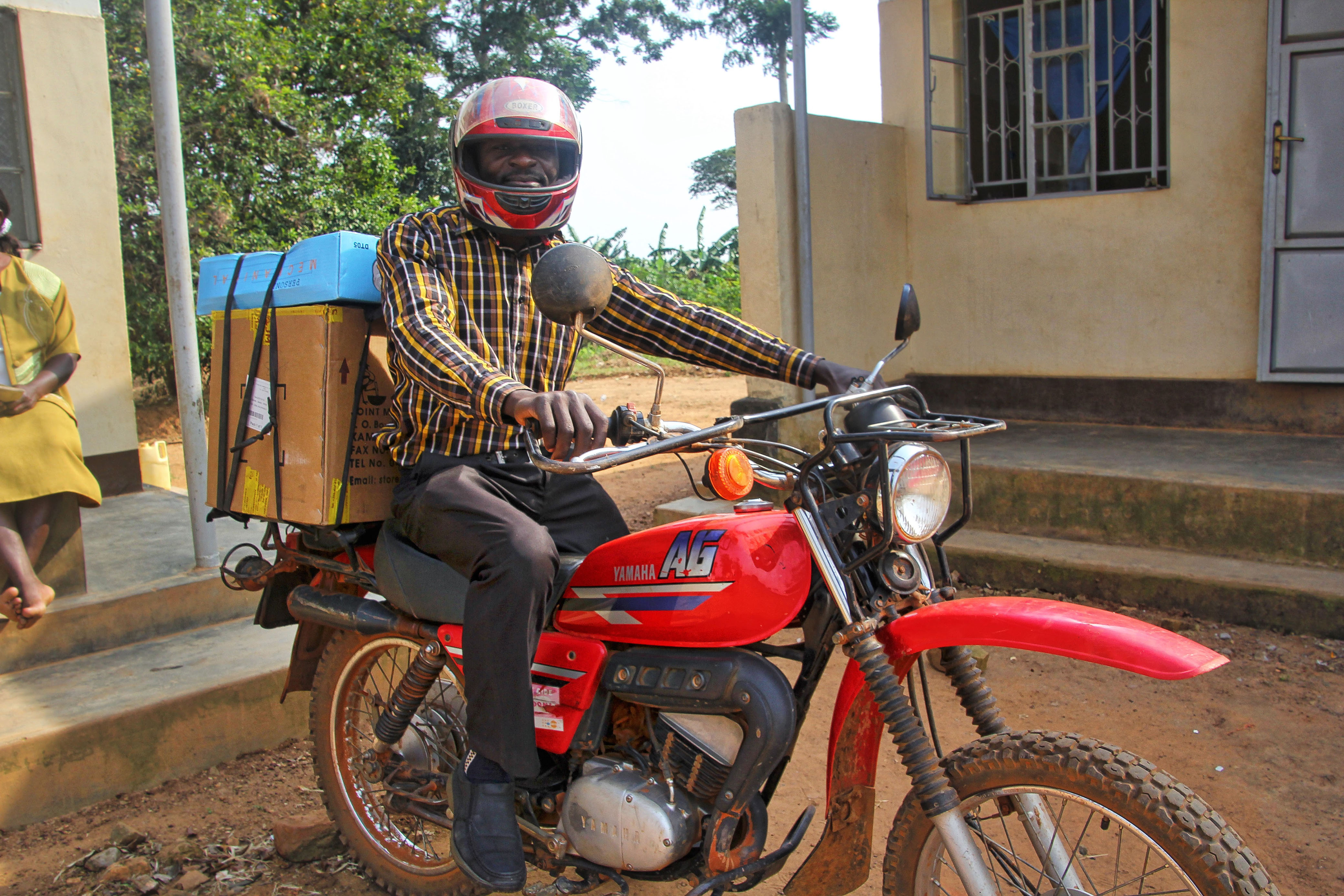
In Health Access Connect’s endeavors to address the problem remote communities face in accessing health services, sustainability has always been a core value from day one. HAC’s Co-founder and Program Director, Carolyn Ariokot, summarizes how the sustainability and independence aspect of HAC’s solution works:
The community members own the intervention. HAC educates the community and links them directly to the health workers. The community members make small contributions (10% of what would cost each one of them to reach the nearest health centre) and use that to facilitate health workers’ travel logistics. HAC works towards empowering the community members to mobilize each other and interact with the health workers.
One may raise a valid question that, why should vulnerable communities have to pay $55 cents (2000 Uganda shillings) for health services at outreach clinics, yet these services are supposed to be for free? Health Access Connect looks at it this way: the $55 cents are only meant to facilitate the health workers that are traveling the journey to come to patients in remote communities. The contribution of $55 cents by each patient/client to access health services at the outreach clinics is a lot more affordable and cheaper compared to what would have been spent by an individual traveling the long journey to access treatment. Their transport costs could go up to 5 US dollars (20,000 Uganda shillings)
In Kalangala District the Ugandan Ministry of Health has established 15 health facilities spread over its 84 islands. Nonetheless, the district faces great health challenges. For example, there is a higher HIV prevalence rate (18%, compared to 6.5% nationally) and a rate of teenage pregnancies (48.3%, compared to the national rate of 24.8%).
Antiretroviral therapy, family planning, antenatal care, immunizations, and other primary healthcare services are being poorly utilized in Kalangala simply due to the long geographical distance and unaffordable transportation costs that discourage vulnerable patients from traveling to the nearest health facility.
We had a chance to interact with Vincent Toweesa, one of the community beneficiaries of HAC’s work in Kalangala District. His memory of how challenging the situation was for him, and his fellow village members saddened our hearts, “ The transport costs were too high, yet we had very little money. We could use a motorcycle to get to the docking site, then get on the ferry (if at all you were able to find it). Once the ferry docked, we had to board a taxi to the health center. This really discouraged us from attaining professional medical treatment,” he remembered
This challenge that Vincent and his village mates faced, is still faced by millions of vulnerable patients in Uganda and all over the world, forcing them to suffer at the hand of preventable illnesses and deaths. The communities do not need Health Access Connect to solve this problem, they themselves are able to take responsibility to solve it. They just need to be empowered and that is what we are here to do!
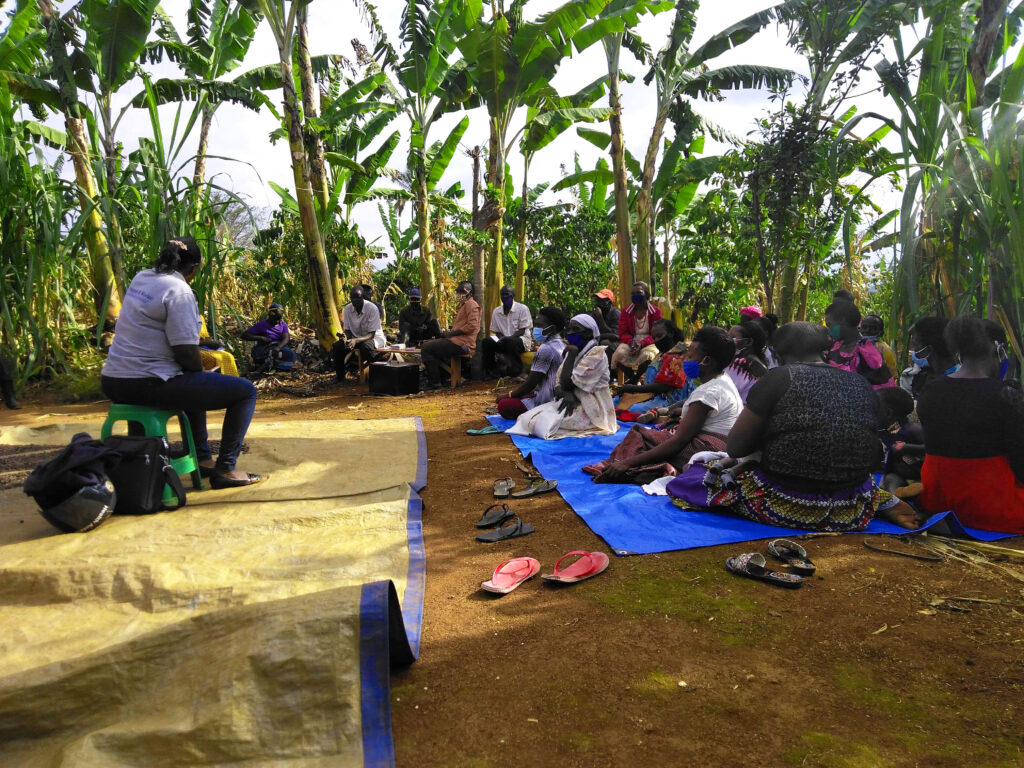
Through our last-mile differentiated service delivery project titled ‘Medicycles’, which involves setting up a sustainable, community-led way for government health workers and their medicines to reach remote villages, we have empowered over 50 remote communities that have received over 40,000 patient services over the years, at monthly outreach clinics. We are seeing an improvement in their utilization of healthcare. HAC has instilled into these communities the ability to independently lead in bringing public health workers and health services to their communities. They do not need us to access these health services, they are able to take responsibility for their access to healthcare.
Even Towesa Vincent can witness:
Accessing health services is a lot better. We have benefited a lot from the Medicycles’ project model that has given us a solution on how we can bring health workers and services closer to us. A person can only use ten minutes of their time in accessing health services and then go back to their own businesses.
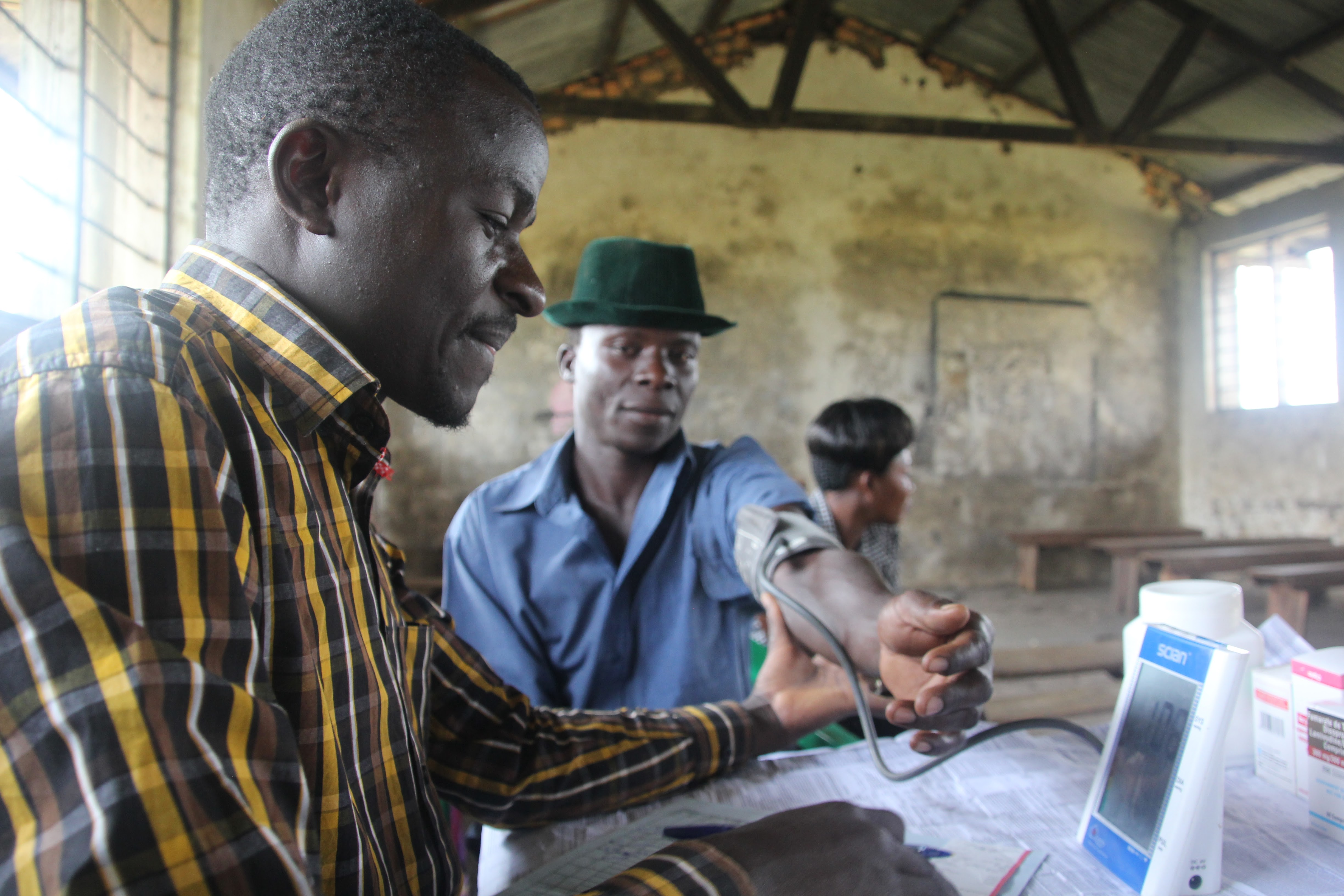
Isaac Sserwada is excited about how HAC’s work is breaking the dependency cycle in remote communities. “What makes me happy is that Health Access Connect makes the community own the outreach clinics. Even if, one day HAC gets out of the picture, we rest assured that the community will take it upon itself to sustain the outreach clinics.”
